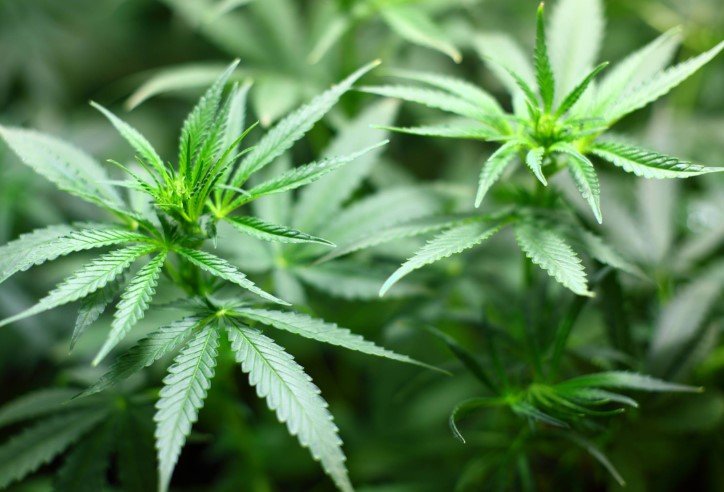Hawaii, one of the first states to legalize medical cannabis, may soon join the growing number of states that allow adults to use cannabis for recreational purposes. Lawmakers filed three different bills in the state legislature in January 2024, each with a different approach to ending cannabis prohibition.

A Pair of Bills Based on the Attorney General’s Proposal
The most comprehensive bills are House Bill 2600 and Senate Bill 3335, introduced by Rep. David Tarnas and Sen. Jarrett Keohokalole, respectively. These bills are based on a legalization proposal that was drafted by Attorney General Anne Lopez last year, although she did not support legalization herself.
These bills would allow adults 21 and older to possess up to 1 ounce of cannabis and up to 5 grams of concentrate. They would also allow adults to grow up to six plants at home and to possess up to 10 ounces of harvested cannabis for personal use. The bills would create the Hawaii Cannabis Authority, a new agency that would oversee the licensing and regulation of cannabis businesses, as well as the taxation and education of cannabis consumers. The bills would impose a 10% excise tax on cannabis sales, in addition to the state’s 4% sales tax.
The bills would also expunge the records of those who have been convicted of cannabis offenses that are no longer illegal under the new law. They would also provide funding for substance abuse prevention and treatment programs, as well as for social equity initiatives to help those who have been disproportionately impacted by the war on drugs.
A Bill to Decriminalize Cannabis Possession
Another bill, Senate Bill 2487, introduced by Sen. Joy San Buenaventura, would take a more modest step toward cannabis reform by decriminalizing the possession of up to 1 ounce of cannabis for adults. Currently, such offenses are misdemeanors punishable by up to 30 days in jail and a $1,000 fine. Under S.B. 2487, they would be reduced to civil violations punishable by a $100 fine.
This bill would not create a legal market for cannabis, nor would it allow home cultivation or expunge past convictions. However, it would reduce the harms of criminalization and save the state resources that are currently wasted on enforcing cannabis prohibition.
A Bill to Let the Voters Decide
The third bill, House Bill 2037, introduced by Rep. Gene Ward, would not legalize or decriminalize cannabis but rather let the voters have a say on the issue. This bill would place a nonbinding question on the ballot in the next general election, asking whether adults 21 and older should be allowed to possess and use cannabis. If approved by the voters, the bill would authorize the legislature to enact legislation to tax and regulate cannabis for adult use.
This bill would not change the current laws on cannabis, nor would it guarantee that legalization would happen. It would only serve as a public opinion poll and a signal to the lawmakers that the people of Hawaii want cannabis reform.
The Prospects of Cannabis Legalization in Hawaii
All three bills are now awaiting consideration in their respective committees. It is unclear whether any of them will advance to a full vote in the legislature or whether they will face opposition from the governor or other stakeholders.
Hawaii has a history of being progressive on cannabis policy, as it was the first state to legalize medical cannabis through the legislature in 2000. However, it has also been slow to implement and expand its medical cannabis program and has resisted legalizing cannabis for adult use despite growing public support. Last year, the Senate passed a legalization bill, but it died in the House without a hearing.
A report published last year by the state auditor estimated that Hawaii could generate more than $50 million in annual tax revenue from legalizing and regulating cannabis, as well as create thousands of jobs and reduce the social and racial disparities caused by prohibition. The report also warned that delaying legalization could result in losing market share and revenue to other states that have already legalized cannabis.
Hawaii is one of the few states that has not seen a citizen-led initiative to legalize cannabis, as the state does not allow ballot measures. Therefore, the fate of cannabis legalization in Hawaii depends on the actions of the lawmakers and the governor, who have the power to enact or veto legislation.
